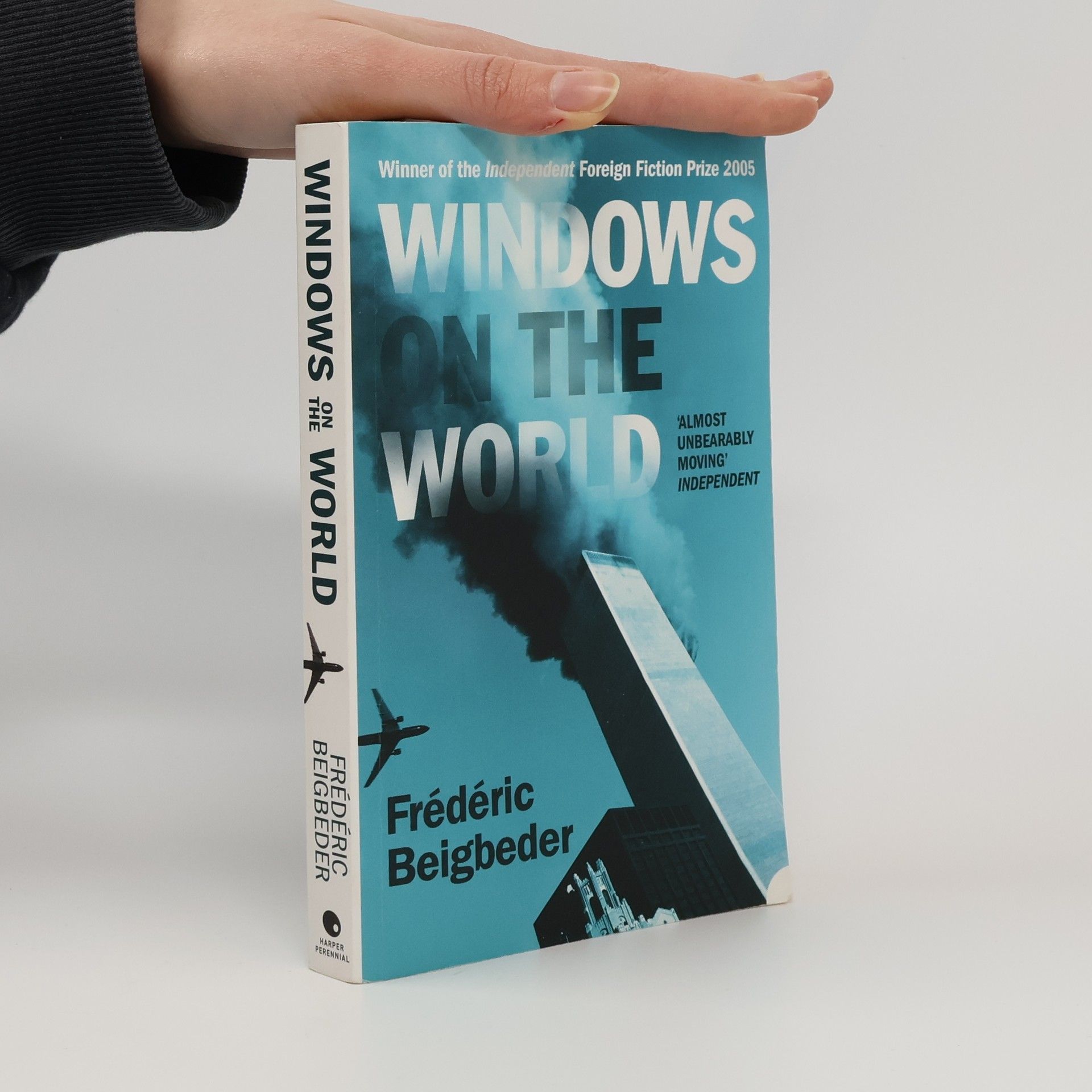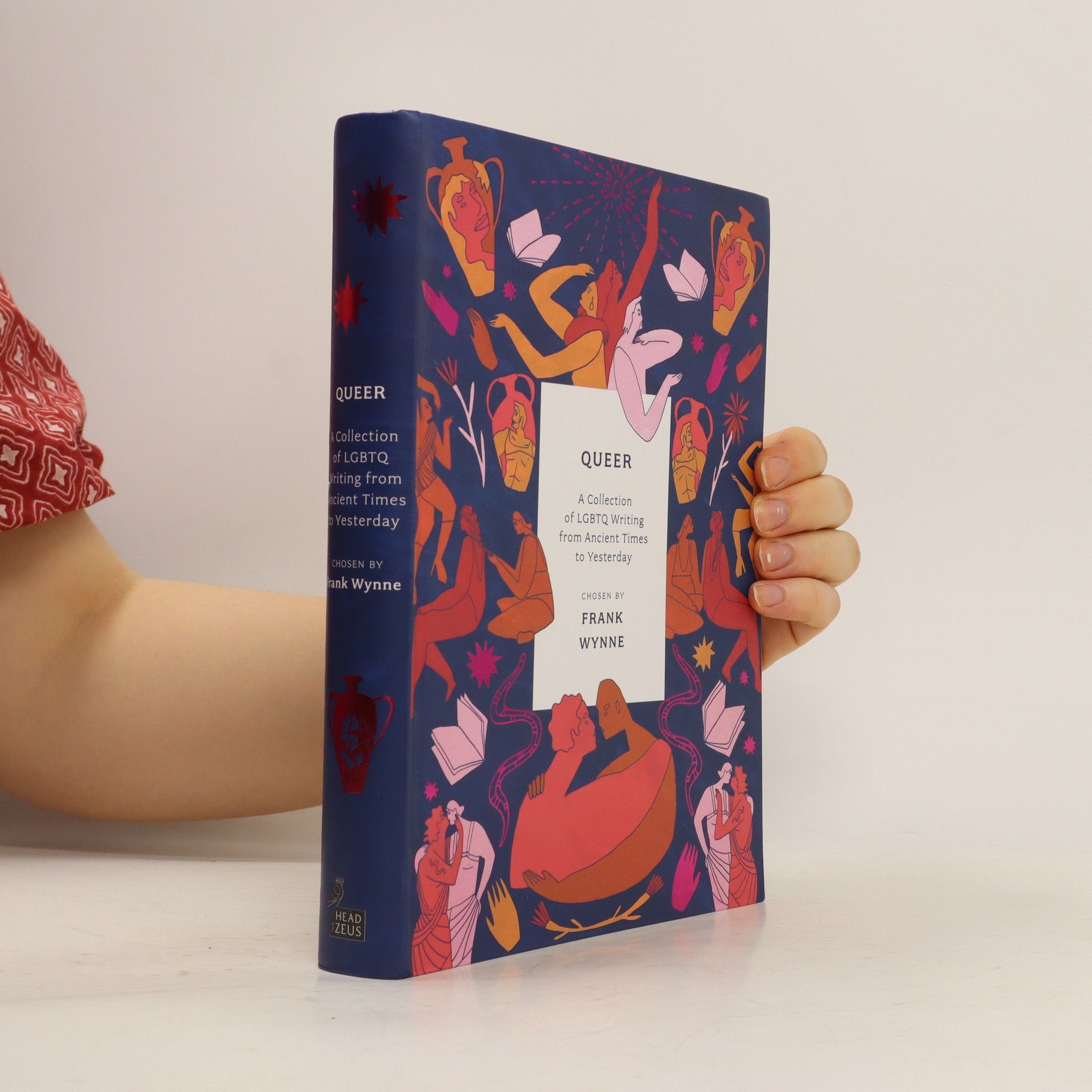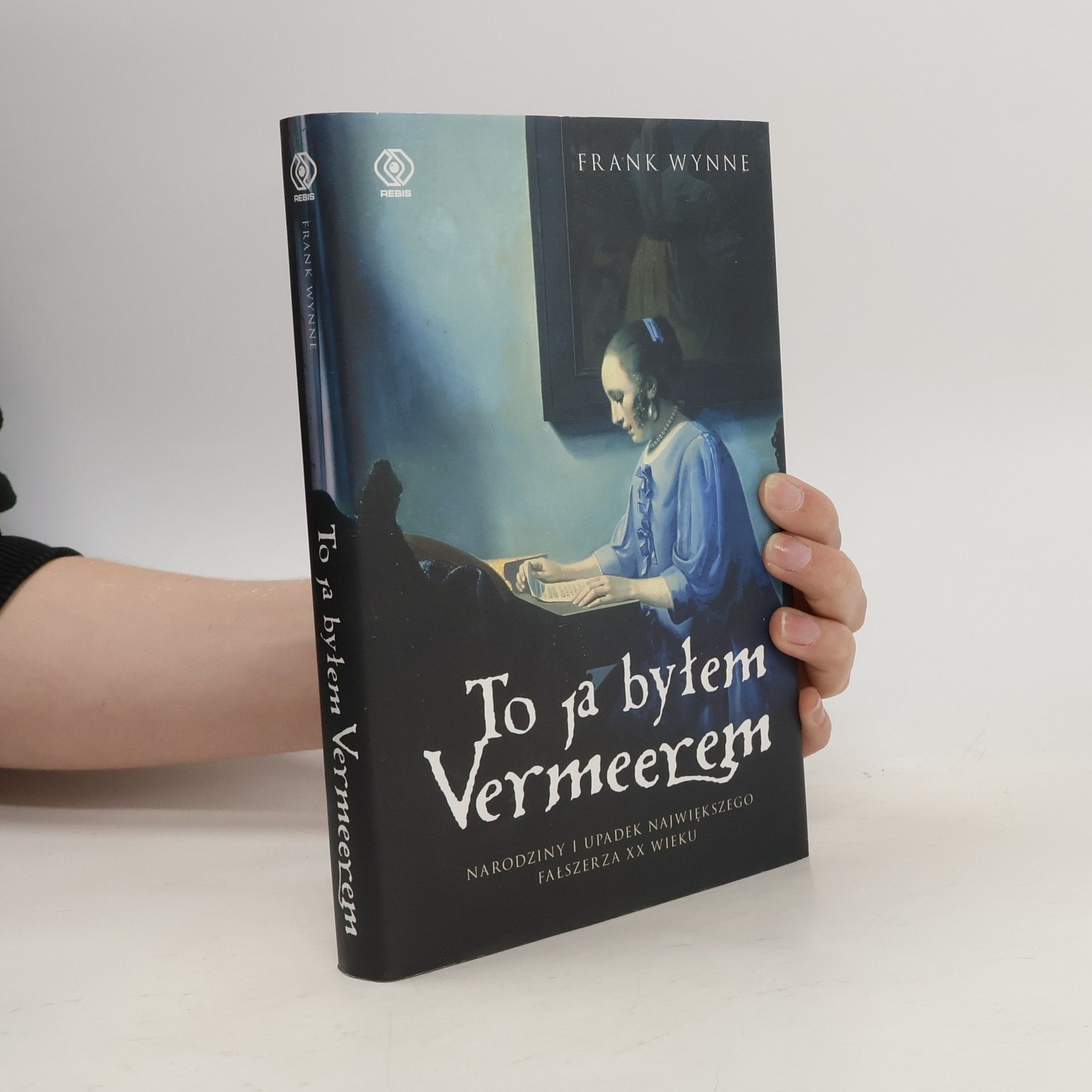Alex
- 341pagine
- 12 ore di lettura
Mentre cammina per le strade di Parigi, Alex, una giovane donna di trent'anni, viene seguita da uno sconosciuto che la aggredisce e la carica su un furgone bianco, facendola scomparire. Portata in un magazzino abbandonato, Alex è rinchiusa in una gabbia di legno a due metri da terra, senza via d'uscita e senza sapere dove si trovi o cosa voglia il suo rapitore, che non le parla mai. I giorni passano tra sofferenze in un luogo umido e buio, e Alex teme per la sua vita, convinta che il suo aguzzino desideri vederla morire. Tuttavia, un testimone ha assistito al rapimento e, grazie alla sua segnalazione, il comandante di polizia Camille Verhoeven, un uomo con un tragico passato, inizia a indagare. Chi è il sequestratore e perché ha architettato tutto questo? E chi è davvero Alex? Quando l'aguzzino viene identificato e la polizia irrompe nel luogo del sequestro, la gabbia è vuota: Alex è scomparsa. Da quel momento, l'enigma di Alex e del suo passato tiene il lettore con il fiato sospeso, trascinandolo in un vortice diabolico e imprevedibile. Con Alex, Pierre Lemaitre crea un thriller magistrale, con atmosfere agghiaccianti e una protagonista indimenticabile.






